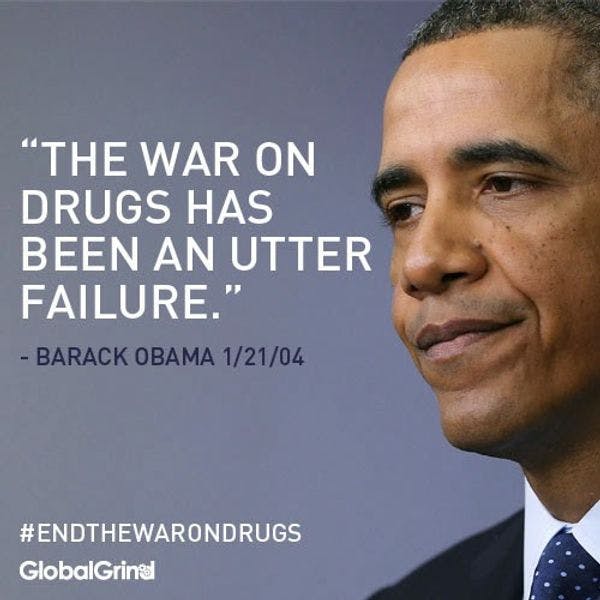Por qué un enfoque de tolerancia cero frente a las drogas está condenado al fracaso
Muchos países se están distanciando de la fracasada guerra contra las drogas adoptando reformas normativas que se centran en los derechos humanos y la salud pública. Más información, en inglés, está disponible abajo.
Suscríbase a las Alertas mensuales del IDPC para recibir información sobre cuestiones relacionadas con políticas sobre drogas.
By Kunal Naïk, Advocacy and Communications Officer Collectif Urgence Toxida
Many countries are distancing themselves from the failed War on Drugs, by adopting drug policy reforms that are focusing on human rights, and public health, since the “tough on drugs” approach is not working and represents a massive loss of money that could be used more efficiently and has caused more harm than good.
In the United States of America for example, the country that initiated the failed War on Drugs, 23 States and the District of Columbia have legalized marijuana for medical purposes, and have gone further by making marijuana legal in 4 States so far. Legal marijuana is the fastest-growing industry in the United States and if the trend toward legalization spreads to all 50 states, marijuana could become larger than the organic food industry, according to a new report obtained by The Huffington Post[i].
In 2016 UN General Assembly Special Session on Drugs (UNGASS), [ii]offering countries around the world including Mauritius, a unique opportunity to adopt a new stance on drug policy and lead the way to implement reforms that will work. It is sad to note that the new Government has chosen to have a Zero Tolerance against Drugs approach. Once again Mauritius will not look towards the future, but rather will focus on methods from the past. Methods that have failed to achieve their aim. This policy is based on the wrong idea that repression is the only method that will actually lead to a “Drug Free World”.
Adopting repressive strategies will prove detrimental in the long run. The Government of Mauritius needs to understand what The Global Commission on Drugs clearly states in its report, that is, the global war on drugs has failed, with devastating consequences for individuals, communities and societies around the world.[iii] Vast expenditures on criminalization and repressive measures directed at producers, traffickers and consumers of illegal drugs have clearly failed to effectively curtail supply or consumption. Repressive efforts directed at consumers impede public health measures to reduce HIV/AIDS, overdose fatalities and other harmful consequences of drug use. Government expenditures on futile supply reduction strategies and incarceration displace more cost-effective and evidence-based investments in demand and harm reduction.
Click here to read the full article.
Keep up-to-date with drug policy developments by subscribing to the IDPC Monthly Alert.
